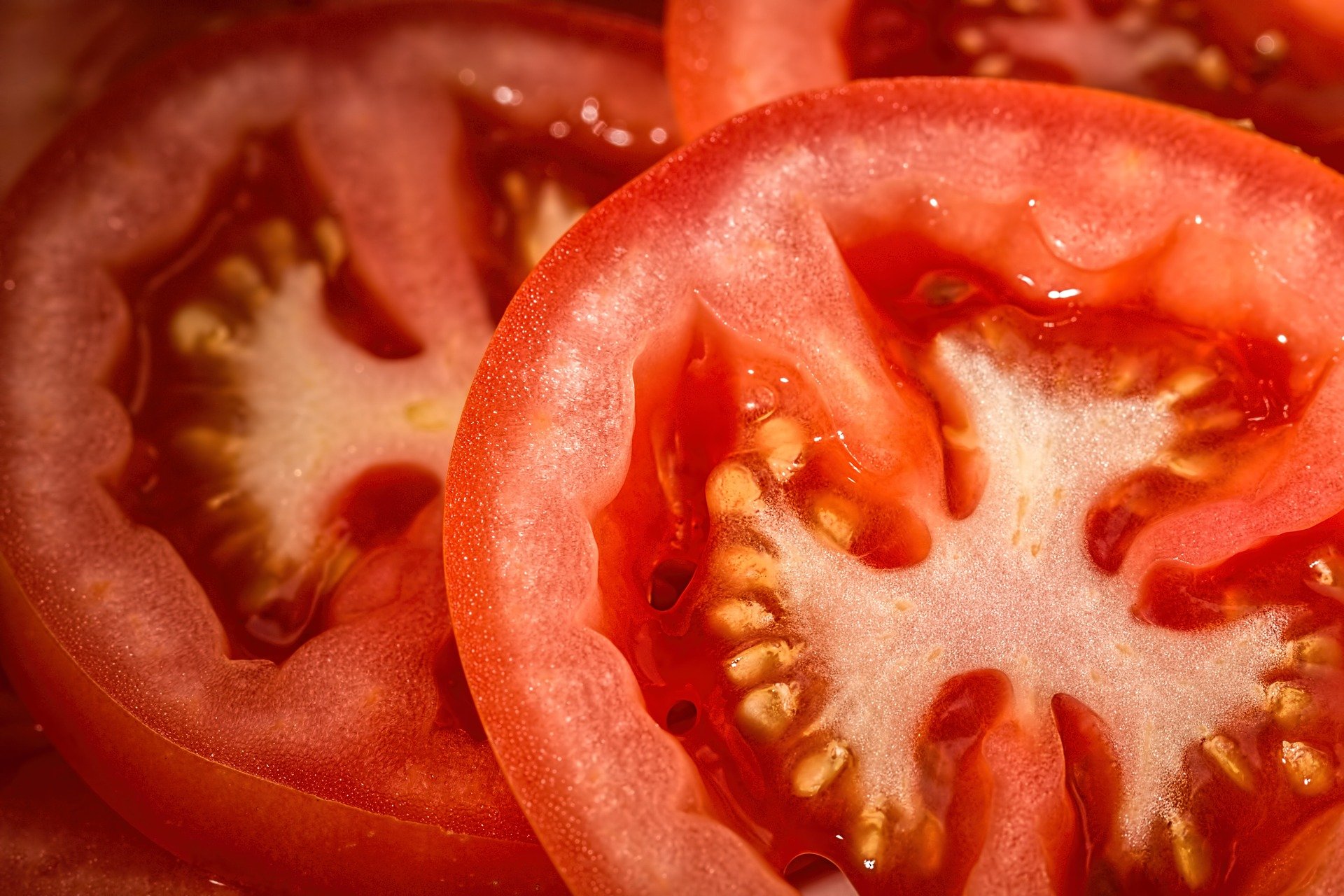MALAGA scientists have created an alternative to petroleum-derived plastics using the remains of tomato skins.
Bioplastics produced from the remains of tomato skins, which decompose in just one month in the sea and have similar properties to those used in commercial packaging, have been created by researchers at the Institute of Subtropical and Mediterranean Horticulture ‘La Mayora’ (IHSM) in the Malaga municipality of Algarrobo.
The aim of these scientists was to create an alternative to petroleum-derived plastics, which though have excellent properties for food packaging, when they end up in the sea, take 450 years to degrade and cause vast problems for ocean flora and fauna.
IHSM researcher Jose Alejandro Heredia is working with cellulose to achieve the ideal bioplastic.
Cellulose is extracted in a purified form from the leaves, stems and skin of tomatoes that are discarded by the canning industry after making tomato sauces, or ketchup and can be transformed into a robust and transparent film with multiple applications such as food packaging, with the main advantage that it is biodegradable.
Unfortunately, according to Heredia, though cellulose would be a revolution for the environment and food sustainability, its commercial application is a long way off, as the plastics industry needs to be able to use the same machinery to make this change economically viable.
READ MORE:
- Why the Mar Menor in Spain has become Europe’s saddest example of environmental vandalism
- Rotten apple: how an expat in Spain’s Malaga is plagued by phone calls for fruit and veg shop








